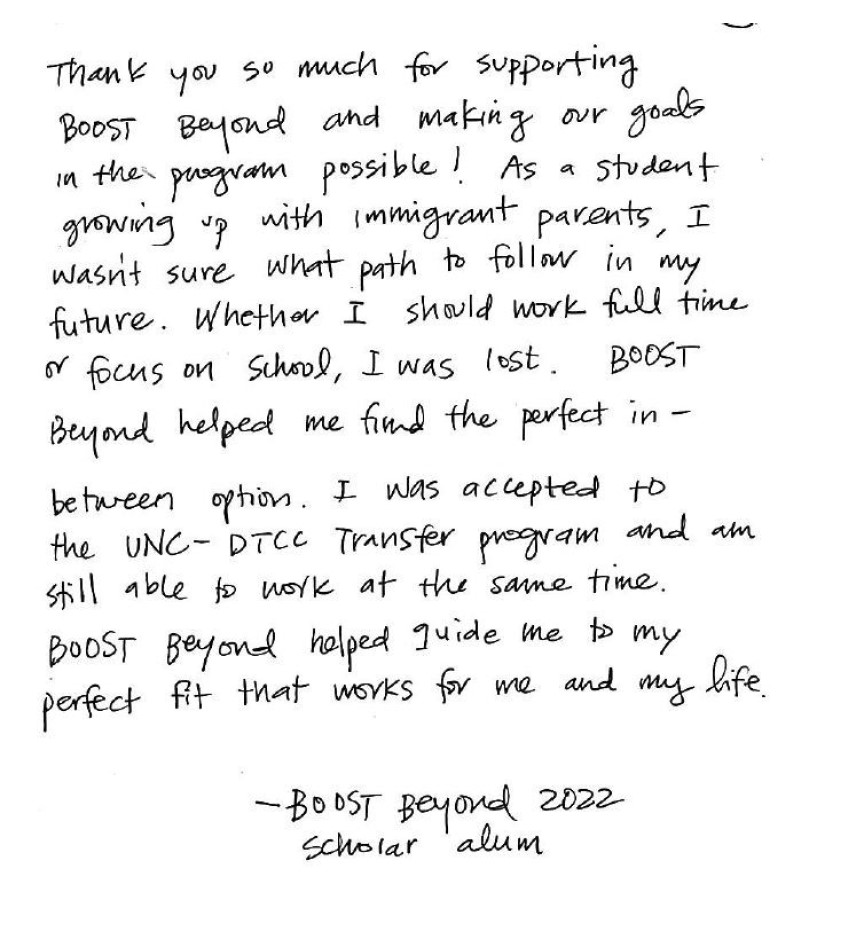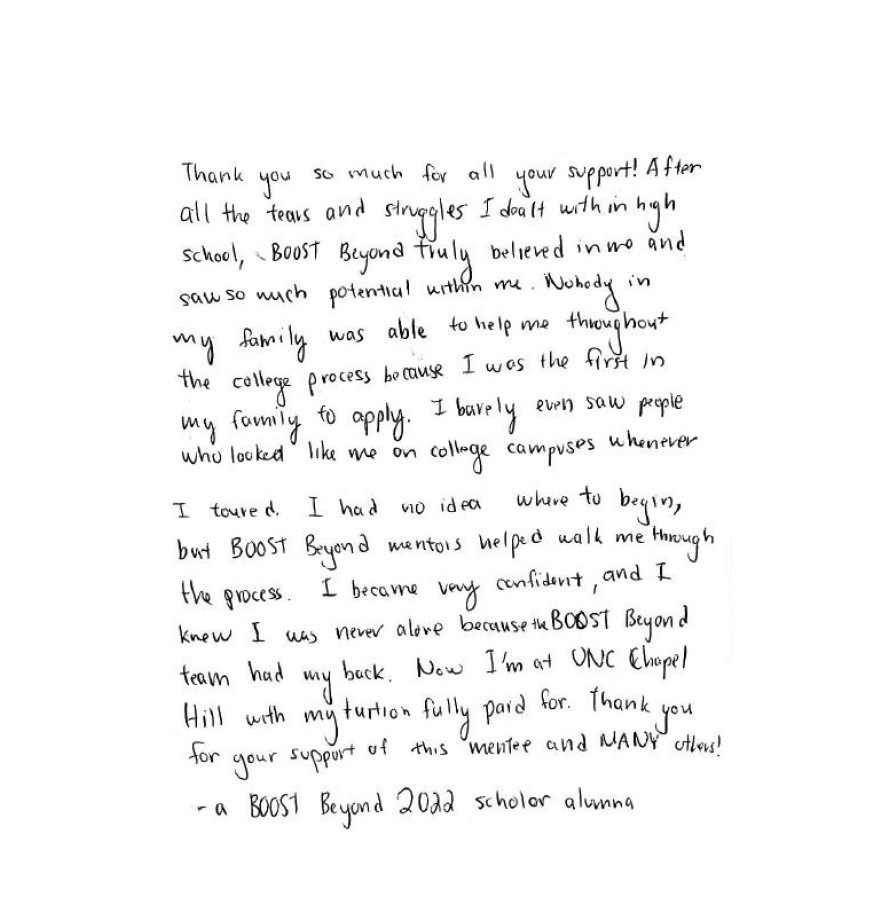BOOST, DUNE, and supportive listening

Here is the D&I update for August.
This month, I want to highlight the great work done by members of the department to improve neuroscience exposure to students in high school and college through the DUNE program. The earlier students learn about neuroscience, the more likely they are to choose it as a career. Len White has been very active in this area, and has even recently received media attention for all his hard work! Laurie Sanders, Nicole Calakos, and other members of our Department have also been involved with DUNE.
Len and Will worked together with the BOOST program and had a hugely successful event with great participation from many members of the department: Ashley Lengel, Burt Scott, Megumi Sugita, Annie Cavalier, Carlene Moore, Dellila Hodgson, and Chris Wickware.
These organizations, in combination with our 3-year-old Underrepresented in Neurology Teleshadowing Program and new Careers in Neuroscience Day for undergraduates provide longitudinal exposure for students to learn about careers in Neurology and Neuroscience. Thank to our dedicated teleshadowing volunteers: Irene Abella, Susannah White, Matt Luedke, and Mariam Wasim!
And lest there be any doubt about their importance, check out the notes the department received from two alums below. You all make a big difference in the lives of the next generation of neurologists and neuroscientists.


The first D&I Grand Rounds of the year is coming up on Sept 20. We will be hosting Lahoma Smith Romocki, PhD and Cindy Waszak Geary who co-authored the book Going to School in Black and White, a dual memoir of desegregating Durham public schools. You can check out the book, Going to School in Black and White, here.
I was recently in a meeting where we were discussing being an effective and supportive listener when someone comes to you with a concern or complaint. For those of us who are health care providers, our natural instinct is to try to help solve the problem. When someone tells you about a situation or event that is bothering them, you might reflexively respond with advice. That isn’t always the best approach. Some people are not looking for advice, just a supportive and empathetic ear, and others do want help, but it can be hard to know how to help without more information. Rather than jumping to advice, consider instead asking a follow-up question. What impact did this have on you? Is there anything that we could do now to help meet your needs? What would you like to see happen next? Help the person work through what will be best for them. It’s also best to avoid your own personal anecdotes even if they seem relevant to you. Otherwise, you run the risk of seeming competitive and one-upping the story you just heard or putting the focus on yourself when it should be on the person in need of help.
Important dates:
- August 26: Women’s Equality Day marking the anniversary of women’s suffrage in 1920.
- Sept 4: Labor Day (secular)
- Sept 11: Nayrouz (Coptic Orthodox)
- Sept 15-Oct 15: Hispanic Heritage Month (Secular)
- Sept 15-17: Rosh Hashanah (Jewish)
- Sept 24-25: Yom Kippur (Jewish)
- Sept 27: Mawlid (Islam)
- Sept 29-Oct 15 Pitru Paksha (Hindu)